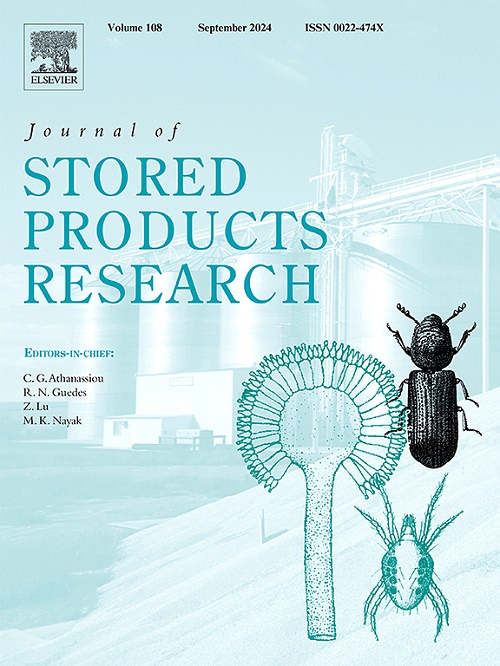Encountering a dead or live conspecific affects the behavior and longevity of Callosobruchus
Abstract
Invertebrates including insects have been shown to exhibit a variety of cognitive behaviors and physiological events that indicate interior states similar to human emotion. Therefore, our main question was whether insects have such capacity or not. To shed light on such questions we used the seed beetle Callosobruchus maculatus to investigate the behavior of the insects that were raised in complete isolation and had never seen any other conspecific and to see how they might respond when they encountered their live or dead conspecific for a short time (10 min) and then biological parameters and copulation behaviors were compared with the controls. Results showed that having a brief encounter with a dead conspecific caused different sex-specific biological and behavioral changes. Males who saw another live or dead conspecific and then did not mate during their lifetime had a shorter lifespan than males who mated once and those who had never seen another conspecific at all. A deprivation that insects didn't know about was less damaging. In males, sexual deprivation had a more substantial impact than perceived social deprivation. In contrast, encountering a dead conspecific increased female longevity. Males who observed a dead female body an hour before mating paid less attention to females when a female was put into their niches and male mating latency increased. Males also showed necrophiliac behavior. These results lead us to conclude that this insect experiences some type of cognition although it is too early to conclude in definite and it needs more investigation.

 求助内容:
求助内容: 应助结果提醒方式:
应助结果提醒方式:


